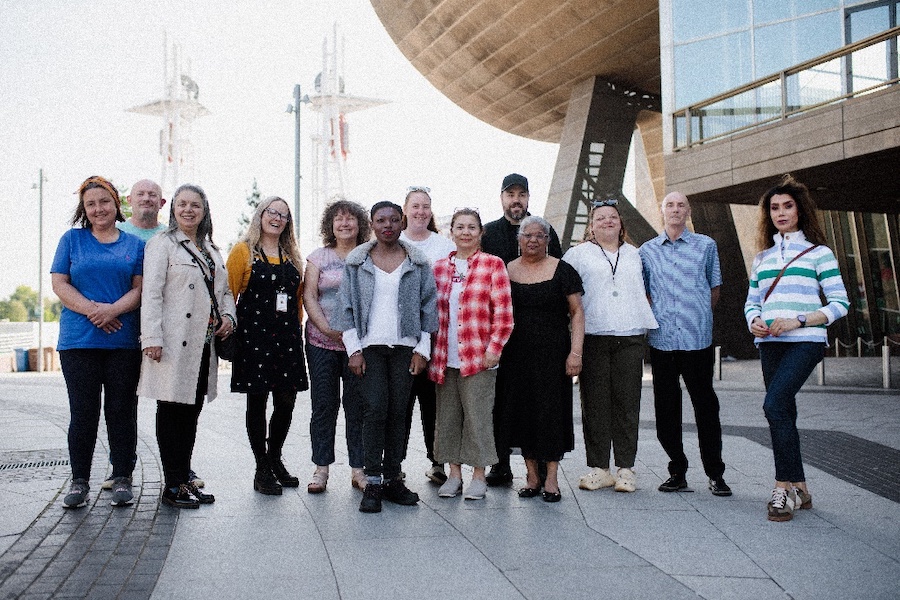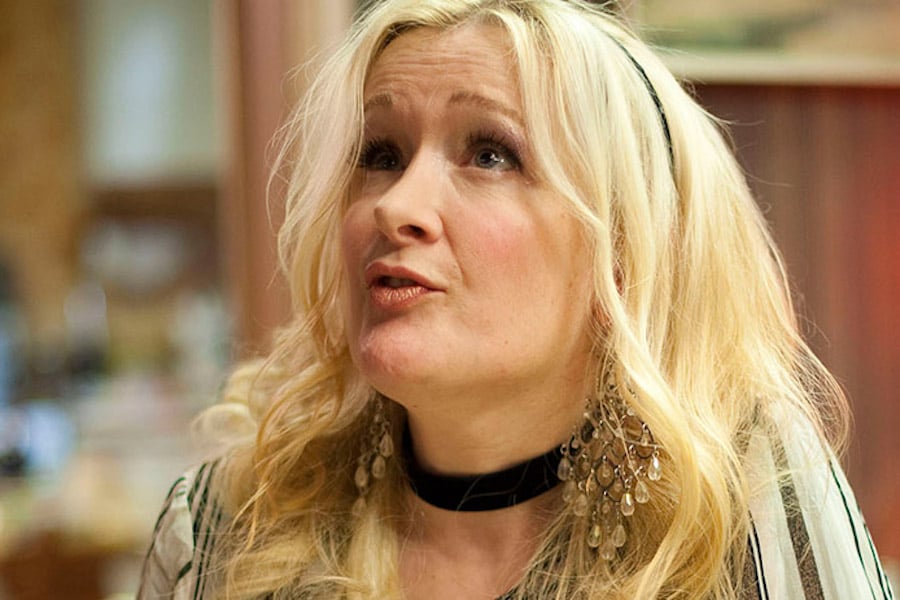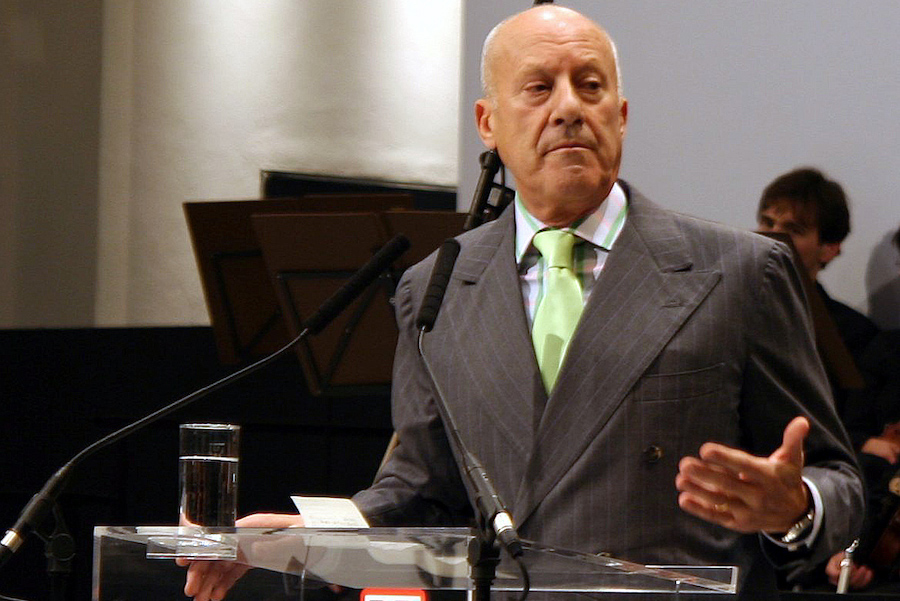Historic letter at People’s History Museum reveals first account of suffragettes being force fed in prison
- Written by Ray King
- Last updated 6 years ago
- City of Manchester, History
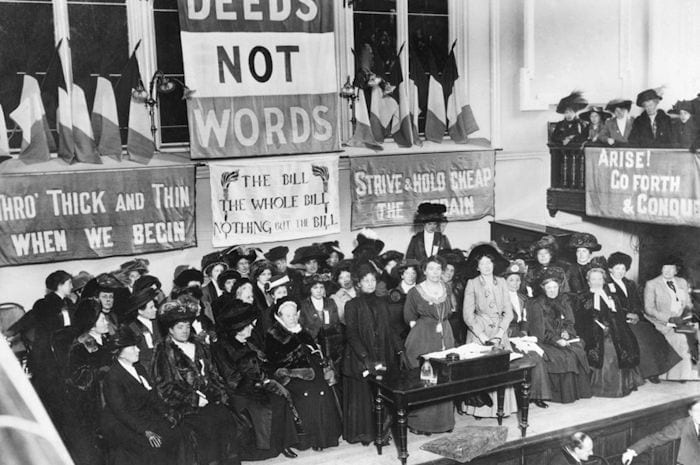
The first known written account of the force-feeding of imprisoned suffragettes has gone on display at Manchester’s People’s History Museum.
The details are contained in a letter, hand written in prison by one suffragette to another, at the height of the movement’s campaign of protest and civil disobedience in 1909 in the battle to win votes for women.
It is on show at the museum on Spinningfields’ Left Bank as part of Represent! Voices 100 Years On, an exhibition which tells the stories of those who have fought for representation a century on from when the Representation of the People Act of 1918 gave all men and some women the right to vote in Britain.
The letter was discovered when Phillip Sycamore, the grandson of suffragette Selina Martin, lent some of her personal papers and memorabilia to the People’s History Museum.
The pieces included letters, her hunger strike medal from the Women’s Social and Political Union (WSPU) – founded in 1903 by Manchester-born Emmeline Pankhurst – and a photograph of Selina wearing her Holloway Prison brooch.
Both the medal and the brooch were presented to Selina by the WSPU to honour the sacrifices that she made for the suffragette movement, including imprisonment.
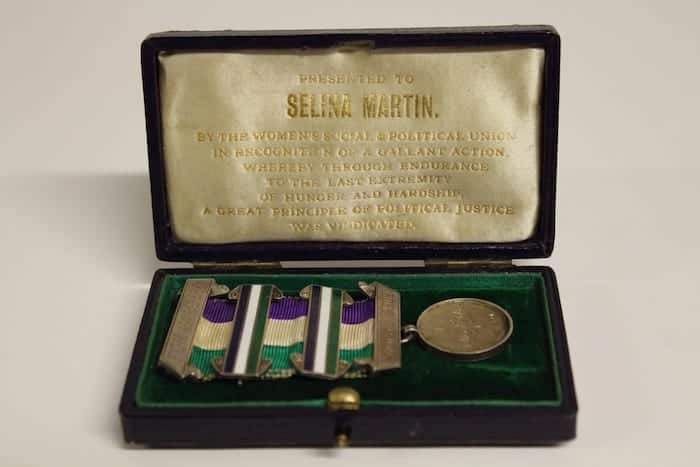
As part of her research into Selina’s story, People’s History Museum’s Programme Officer Helen Antrobus spent time researching and examining the objects and discovered the lost historic letter, written on a title page torn from a book.
The letter had been written to Selina in November 1909 by Charlotte Marsh, one of the first women to be force-fed in prison. Written in pencil it is barely decipherable.
Both women were being held in Winson Green prison, Birmingham, after being arrested with six other WSPU suffragettes while protesting about the visit of prime minister Herbert Asquith to the city’s Bingley Hall.
“The letter reveals the strain, both emotional and physical, that these women were enduring and how they looked to each other for the support and strength they needed,” says Helen Antrobus from the People’s History Museum.
“Their aim was to be treated as political offenders, and at this time they wouldn’t have known how historically notorious force-feeding was to become. Their sacrifice, determination and united spirit is clear within the letter, which is extremely moving to read.”
Charlotte Marsh wrote: “Matron comes everyday to try and get me to eat but no – she can chase me around my cell! Won’t it seem funny to eat again? Sometimes I am ravenous, aren’t you? Write to me when I come out. No surrender!”
Charlotte asks Selina to send her mother, Mrs Marsh, a picture and to let her know that she is well and happy and hopes to write in the next month. The letter also alludes to the fact that the women campaigners in prison were regularly smuggling letters between themselves, even using sanitary towels to hide their notes in.
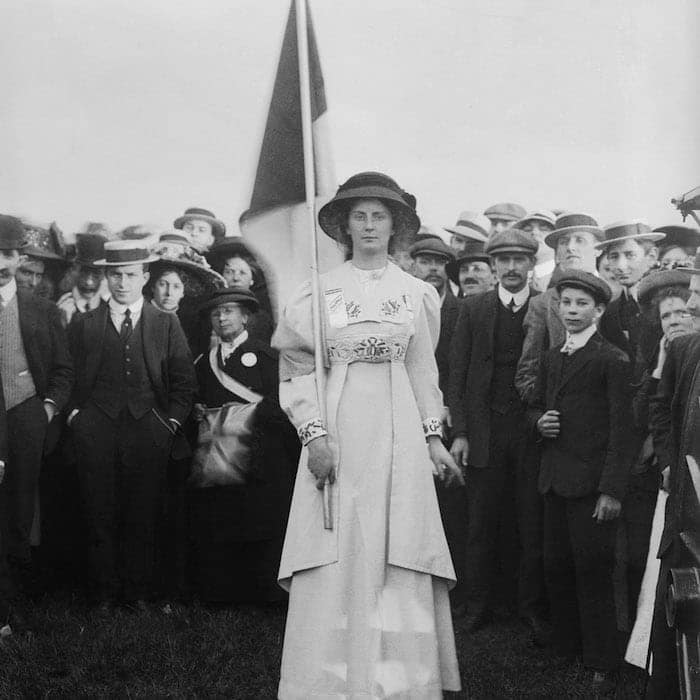
Jenny Mabbott, head of collections at People’s History Museum, says: “It is wonderful that in creating an exhibition that tells the stories of those seeking representation we have been able to reveal previously unheard voices of those from the past who fought for equality. Hearing Charlotte’s story in her words brings alive the incredible spirit of those campaigning for women’s suffrage.”
Selina Martin’s own story is that of a working class suffragette from Ulverston in Cumbria who found herself in prison three times, on each occasion refusing to eat to make her protest.
Whilst her family was told she was in good health and being treated well, her letters and diaries tell a very different story. During her imprisonment in Liverpool in the winter of 1909, Selina was beaten, force-fed, and left to freeze in her cell. The governor of the gaol claimed she was being treated “as humanely and kindly as possible”.
Selina Martin and Charlotte Marsh have both been named “Radical Heroes” by People’s History Museum, a scheme which celebrates the people whose ideas have shaped modern-day society, with the opportunity for individuals or organisations to sponsor the Radical Hero of their choice to raise funds to support the national museum of democracy’s historical collections, exhibitions and learning programme.
Represent! Voices 100 Years On runs until 3rd February 2019.
- This article was last updated 6 years ago.
- It was first published on 28 November 2018 and is subject to be updated from time to time. Please refresh or return to see the latest version.
Did we miss something? Let us know: [email protected]
Want to be the first to receive all the latest news stories, what’s on and events from the heart of Manchester? Sign up here.
Manchester is a successful city, but many people suffer. I Love Manchester helps raise awareness and funds to help improve the lives and prospects of people across Greater Manchester – and we can’t do it without your help. So please support us with what you can so we can continue to spread the love. Thank you in advance!
An email you’ll love. Subscribe to our newsletter to get the latest news stories delivered direct to your inbox.
Got a story worth sharing?
What’s the story? We are all ears when it comes to positive news and inspiring stories. You can send story ideas to [email protected]
While we can’t guarantee to publish everything, we will always consider any enquiry or idea that promotes:
- Independent new openings
- Human interest
- Not-for-profit organisations
- Community Interest Companies (CiCs) and projects
- Charities and charitable initiatives
- Affordability and offers saving people over 20%
For anything else, don’t hesitate to get in touch with us about advertorials (from £350+VAT) and advertising opportunities: [email protected]

Almost Famous brings back its most legendary burger – for one month only
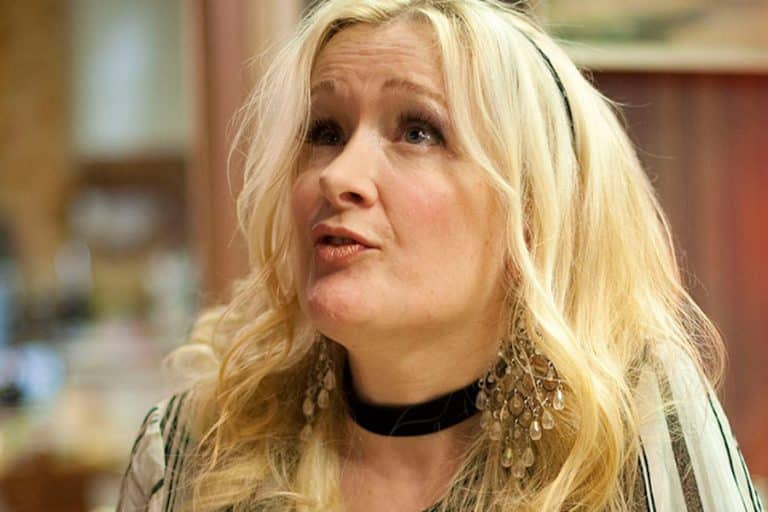


The world-renowned Mancunian architect behind Old Trafford’s future

Manchester United reveal plans for new 100,000-seater stadium – set to be UK’s biggest







